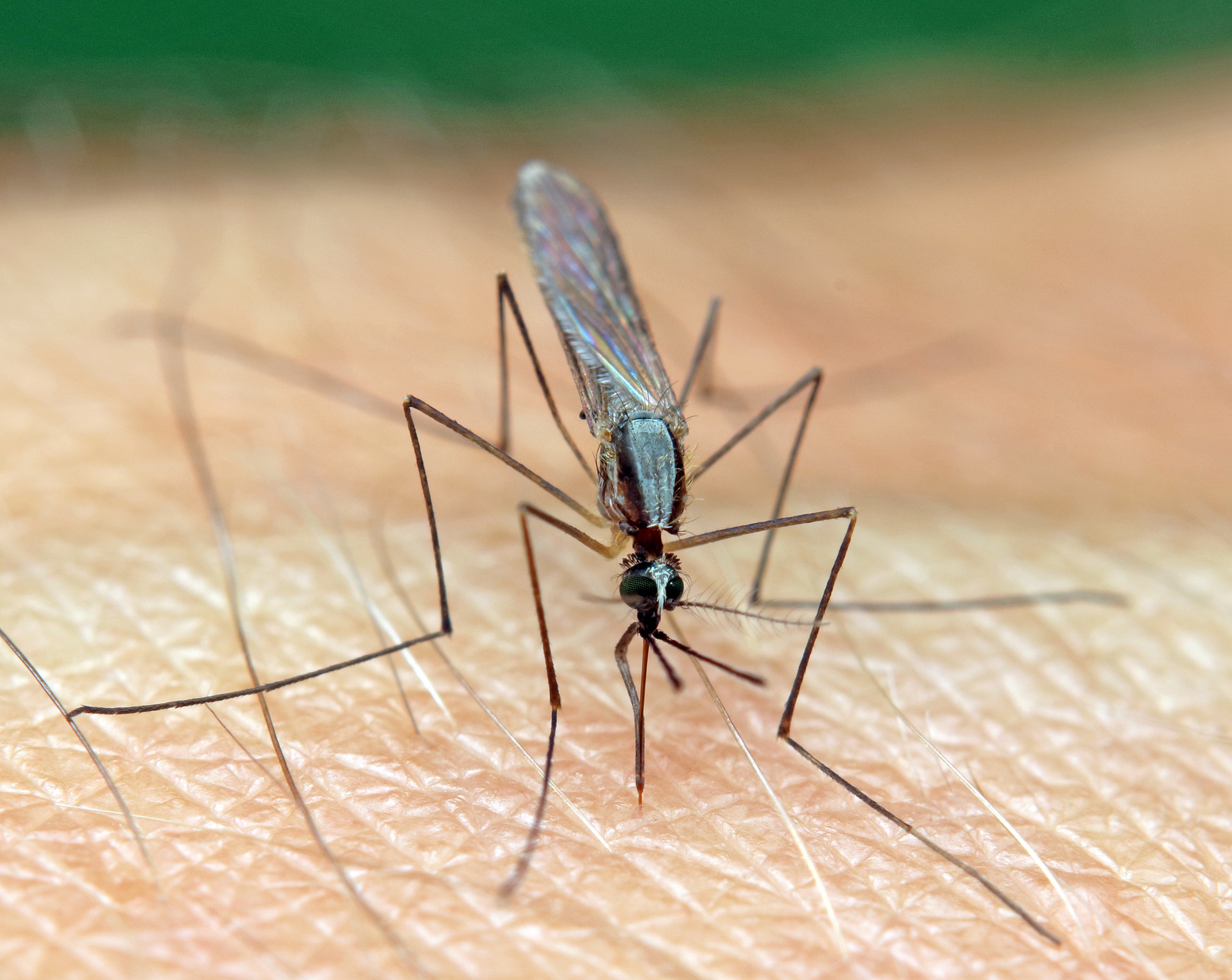 Health & Physiology
Health & Physiology
The Trojan mosquito: an in-house parasite defends against malaria
Malaria is a life-threatening tropical disease globally spreading out, and scientists have been seeking an effective way to control its prevalence. Here, we propose an innovative approach that prevents disease transmission by infecting mosquitoes with a newly found beneficial parasite.

Malaria is one of the most difficult-to-control infectious diseases in modern times. It is widespread in the tropical and subtropical regions with millions of global infections annually and a high death rate among school-going children. The disease is caused by a parasite called Plasmodium, and it spreads through human populations via a bite from female Anopheles mosquitoes carrying this harmful parasite within their bodies.
Several strategies to limit the prevalence of infectious mosquitoes and/or malaria transmission to humans have been proposed: the use of anti-malarial drugs and mosquito repellent spray, advice to sleep under an anti-insect net, and so on. While these conventional strategies are useful, today's newly emerging threats, such as changes in mosquitoes' resting behaviours and the rise of drug-resistant Plasmodium, are making malaria control increasingly challenging.
This study aimed to develop a novel approach for malaria control by focusing on the symbiotic relationshipbetween Anopheles mosquito and Plasmodium parasite. Symbiosis means the living together of two different organisms — in this case, the tiny parasite (inhabitant) invades the mosquito, a host organism, and dwells within its body. Symbiotic interactions often offer a win-win relationship: the tiny inhabitant is protected by the large host like a huge castle, in return, the inhabitants offer some benefits to the host. It is unknown whether the mosquito can benefit from Plasmodium. Mosquitoes can principally host other parasites as well. If these parasites can compete with Plasmodium during symbiosis, they may help prevent Plasmodium infection and malaria transmission.
This idea encouraged us to look for potentially useful parasites to combat malaria. We found promising candidates within the Anopheles mosquito's natural environment in Kenya, then asked whether this parasite population includes the parasite(s) that can live within the mosquito's body and hinder malaria transmission. By assessing the malarial-protective and/or harmful effects of each single parasite within the host mosquitoes, we identified a novel fungi-related parasite named Microsporidia MB, which could invade mosquitoes and be inherited from mother to offsprings.
To study further whether this newly discovered parasite is effective in Anopheles mosquitoes' natural environment, we carried out field studies and found that Microsporidia MB infection prevents Plasmodium growth and spreading in wild Anopheles mosquitoes present in central and western Kenya. To ensure this protective effect in humans, we carried out laboratory experiments using malaria-infected patients' blood. We fed this blood with Plasmodium to two groups of mosquitoes: with and without Microsporidia MB infections. To our great delight, we observed a surprisingly strong anti-Plasmodium effect in the mosquito hosting Microsporidia MB — in fact, Microsporidia MB hacked the mosquitoes' immune system and actively reprogrammed it to prevent Plasmodium invasion. We further noticed that Microsporidia MB could offer benefits to the host mosquitoes. For example, the infected parasite accelerated the mosquitoes' development. We also confirmed that there is no negative impact on the mosquitoes' overt life span and reproduction following Microsporidia MB infection. That is, the presence of Microsporidia MB within the mosquito's body is beneficial and useful to prevent Plasmodium invasion, without negatively affecting the host's health.
Our discovery of a useful parasite Microsporidia MB allowed us to propose a novel approach to block the malaria parasite's mosquito invasion by harnessing the power of symbiosis. A wide-spreading of the beneficial parasite Microsporidia MB through Anopheles mosquitoes will provide a powerful malaria control strategy. Future studies will aim to understand how we can best spread this beneficial parasite through wild mosquitoes by uncovering transmission routes and infection dynamics in different ecological settings. Answering these critical questions will be the foundation for future programs where we foresee the mass rearing and release of Microsporidia MB or mosquitoes hosting this parasite to reduce the malaria burden.
Original Article:
Herren, J. K. et al. A microsporidian impairs Plasmodium falciparum transmission in Anopheles arabiensis mosquitoes. Nat. Commun. 11, (2020).
Next read: Algae Living in Salamanders, Friend or foe? by John Burns , Ryan R. Kerney
Edited by:
Dr. Akira Ohkubo , Associate Editor
We thought you might like
Driving down malaria
Jul 18, 2017 in Health & Physiology | 4 min read by Andrew Hammond , Xenia Karlsson , Ziyin WangA special delivery for malaria-transmitting mosquitoes
Dec 18, 2019 in Health & Physiology | 3.5 min read by Etienne Bilgo , Brian LovettHow lab-grown blood vessels can help us understand malaria
Oct 28, 2020 in Maths, Physics & Chemistry | 3.5 min read by Caitlin Howard , Joseph D. Smith , Ying ZhengSymbiogenesis: how algae and bacteria shaped new genes together
May 3, 2017 in Evolution & Behaviour | 3.5 min read by Raphaël Méheust , Eric BaptesteMore from Health & Physiology
Tobacco smoking and other exposures shut off cancer-fighting genes
Aug 31, 2024 in Health & Physiology | 3 min read by Jüri Reimand , Nina AdlerA hidden clock that times cytoplasmic divisions
Aug 30, 2024 in Health & Physiology | 3 min read by Cindy OwWhen two kinases go for a dance
Aug 2, 2024 in Health & Physiology | 4 min read by Ioannis Galdadas , Francesco Luigi Gervasio , Pauline JuyouxAwakening the thymus to cure SARS-CoV-2 infection: a matter of genes
Jul 27, 2024 in Health & Physiology | 3.5 min read by Stefano Marullo , Cheynier RemiKeeping the balance: How epigenetics monitors cancer genes
May 13, 2024 in Health & Physiology | 4 min read by Zach Gray , Madison Honer , Johnathan WhetstineEditor's picks
Trending now
Popular topics


